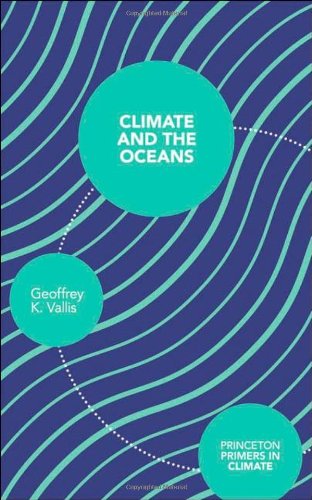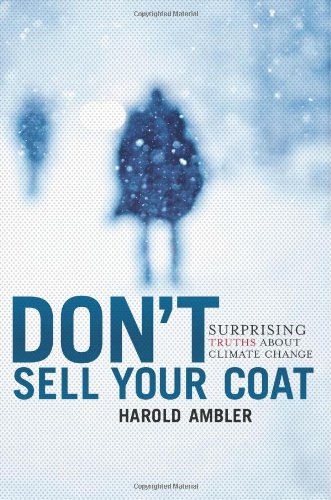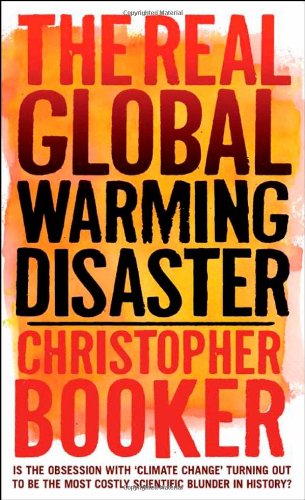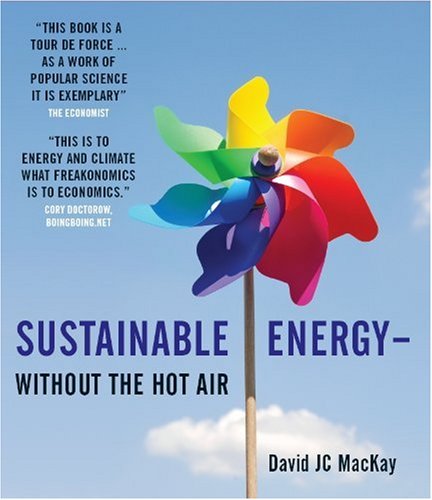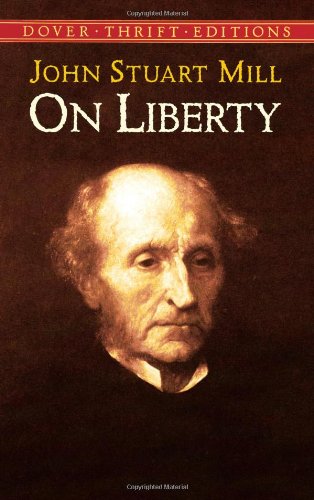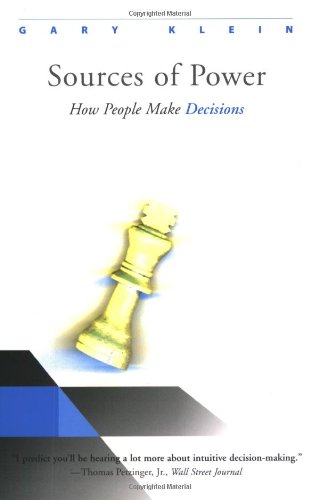David Archer – The Global Garbon Cycle (2010)
Carbon cycles the earth at different time scales. Over hundreds of thousands of years, rock dissolution and degassing from volcanoes and the deep sea use CO2 to keep temperatures within a livable range. Over thousands of years, changes in CO2 and temperature amplify each other for some unknown reason, starting and ending ice ages. On a human time scale, carbon sinks in the ocean and on land help halve the impact of human CO2 emissions. Nobody knows how long it will continue to do this, and it is possible that at some point we’ll trigger the positive feedback system. This would be bad.
Recommended: Yes.
Helge Ryggvik – Til siste dråpe (2009)
The forgotten economic concept of land rent makes it morally questionable to profit from oil, and is the reason why the oil economy has such a destructive effect on everything it touches.
Read: Half.
Recommended: No. The moral dilemma of oil profits would have been relevant 40, or at most 20, years ago. Today, the only relevant oil dilemma is whether it is right to pump it up at all. And even if you do find this relevant, Ryggvik wanders about without focus, and doesn’t even explain what we should have done differently, (dump the oil at cost + “fair” profit? And then what?) There are two potentially interesting, much shorter books hiding in here: A socialist analysis of the economic dilemmas of oil, and a critical history of the Norwegian oil industry. But this book is neither of them.

